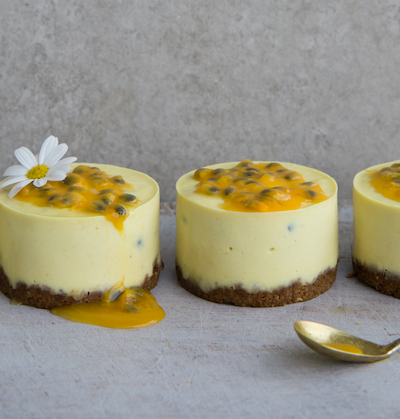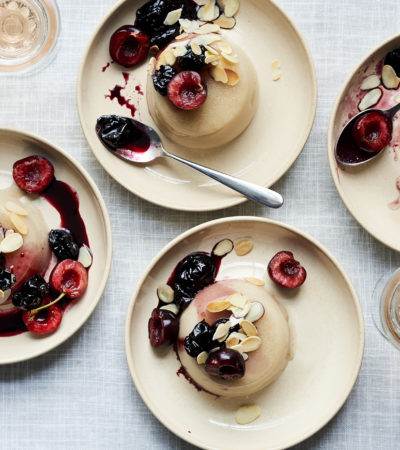This year, the team at Daylesford is making New Year’s resolutions with a difference. They have decided that 2018 is the year to focus in on their sustainability goals and get even closer to their goal of being 100% self-sufficient. It’s no doubt a daunting task, but it’s totally inspiring and will have an immense impact on our environment.
With ambitious targets for sustainable well-being, zero waste, packaging lightly, clean energy, future farming and protecting their pollinators, this new year is set to be a busy and exciting one for everyone at Daylesford.
Daylesford has invited us (and of course you!) to join them in making New Year’s resolutions that are all about being positive, pro-active and living more sustainably so together we can make a difference. Below, they’ve highlighted 21 inspiring tips and practical ideas to help get you started.
SUSTAINABLE WELLBEING
- Organic free-range food is best for your well-being and our earth. Choosing the highest quality food, produced in a sustainable way will always give you the best nutritional profile.
- Whether you have a window box or a spacious garden, try growing some of your own food. Homegrown food, without chemicals, freshly harvested and prepared within hours will be the most nutrient-dense of all. What’s more, there are great benefits from the gentle exercise and mindfulness of gardening. Daylesford is hosting grow-your-own courses this year so sign up and get gardening.
- Choose foods that are in season and sourced locally. Our recipe eBooks are a valuable guide to help navigate the changing seasons.
- Invest in a rainwater butt – fill it and use it for watering plants.
- Walk or bike more often. Think of the free exercise, not to mention all the window shopping you can do!
- Keeping your old phone or car for another year is far friendlier for the environment and the earth’s resources. Do you really have to upgrade? If you are buying a car, why not go electric?
ZERO WASTE
- Try not to waste a scrap of food. Plan meals in advance and compost, reduce, reuse and recycle at every opportunity.
- Go paperless – think about all the paper bills you receive and make a point of asking banks, utility providers and others to email you instead. Have a zero-tolerance approach to direct mail: stick a sign near your letterbox and ask companies to take you off their mailing lists.
- Try to cut down on the amount you print.
FUTURE FARMING
- Never before has it been so important to know the story about where your food comes from and how it is produced. Delve deeper into the labels on your food, educate yourself and empower yourself to make conscious choices when you shop – it matters.
- Do you know the difference between organic and free range? Discover more about how agriculture is changing to help inform your purchasing decisions. Come along to our open days, on our Daylesford Discusses events, and follow Agricology to get a deeper knowledge of best farming practices from around the UK.
CLEAN ENERGY
- Clean energy starts with cutting back on consumption, so turn any lights or electrical items off when not in use.
- Turn the heating down a degree or two – you probably have some knitwear pieces stashed away that you could wear more often!
- Take shorter showers. Cutting down shower time by two minutes can save as much as 45 litres of water, not to mention the energy saved working the shower and heating the water.
- Swap your light bulbs for the most efficient.
- When doing laundry, make sure every load is full. Do the sniff test – does that shirt really need washing after half a day?
- When using kettles, boil only the amount of water needed.
PACKAGE LIGHTLY
- Avoid single-use plastics. Seek out alternative products and return excess packaging back to the retailer.
- Make It a habit to use travel mugs and reusable bags.
- Visit independent grocers, butchers and fishmongers who let you take your own empty containers when shopping.
BEE HAPPY
- Bees are essential to life as we know it. Help these vital pollinators by planting some flowers, buying organic (which limits harmful pesticides and monocultures and protects wildlife diversity) and leaving a little wild space in the garden.
Discover more at daylesford.com














